
The Parks Trust is governed by a Board of Trustees who are also Directors of the company.
The Board sets the strategic direction of the Trust and ensures that the Charity is properly managed and complies with all relevant legislation. Trustees have a duty under charity law to ensure that the Trust’s assets and resources are only used to further the Trust’s charitable objects, which are:
- To provide, maintain and equip green spaces in and around Milton Keynes
- To advance public education and
- To provide facilities for leisure and recreation.
From time to time we recruit new trustees to the Board, find out more about becoming a Trustee.

Chair
Nick is Chairman at EMW Law in Milton Keynes. He has worked in Milton Keynes for 20 years and thinks that its parks are an intrinsic and hugely positive part of Milton Keynes life.

Vice Chair and Chair of Operations Committee
Chris is a Partner of Bridgman & Bridgman, a living roof specialist based in Milton Keynes. Launched in 2006 to focus on commercial landscaping, Bridgman & Bridgman has evolved to concentrate solely on green roofing – building gardens in the sky. Born and raised in Milton Keynes, Chris’s life has been influenced by all things horticultural – it’s in his DNA with his father being involved in the growing and planting of the many trees in Milton Keynes from the days of the Development Corporation. Chris brings his experience and knowledge of green infrastructure to the Trust, to support it to play a positive role in the climate emergency and the future of Milton Keynes. Chris has taken on volunteering roles for over 20 years – an achievement that was recognised in the Queen’s New Year Honours list 2020, with an MBE for services to the community of Wolverton and Milton Keynes.
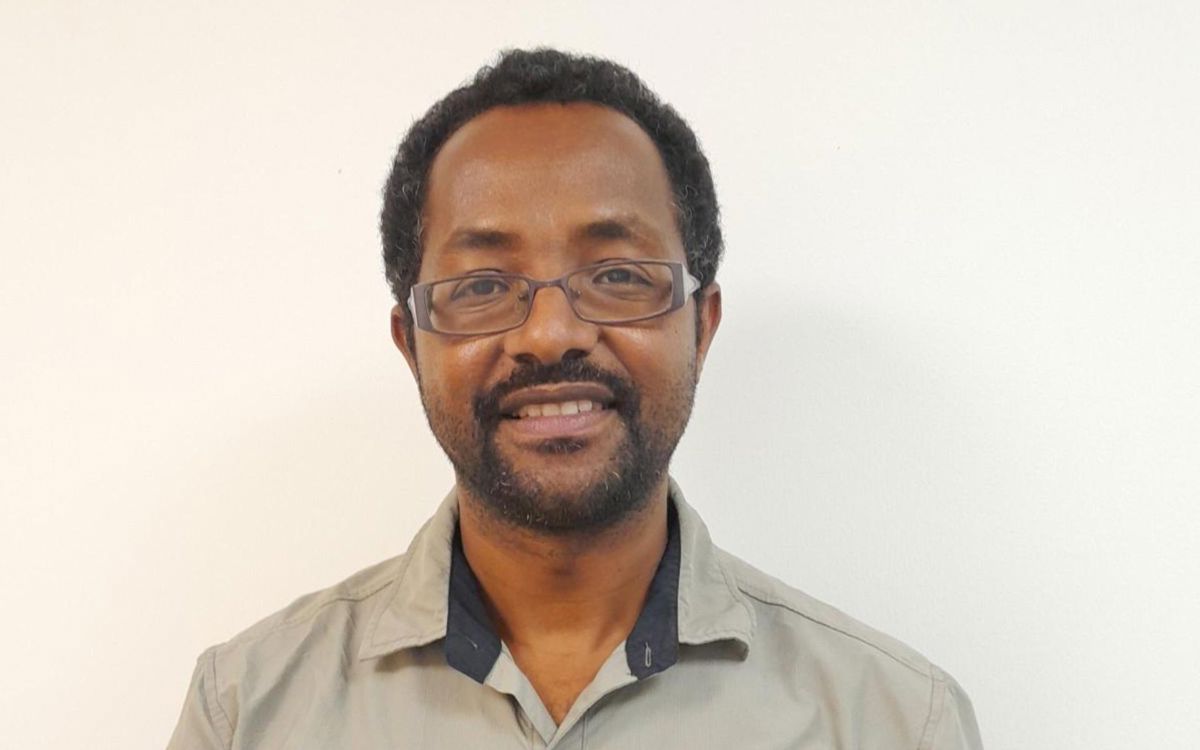
Dr Yoseph Araya is a Senior Lecturer in Ecology and Environmental Sciences at The Open University, Milton Keynes. He lives locally with his family, is an avid user of our parks and considers them our city’s green treasure. He joined the Board of Trustees as he wants to contribute and help keep Milton Keynes a green city and would also like to make our parks valued and used by members of all Milton Keynes' communities.
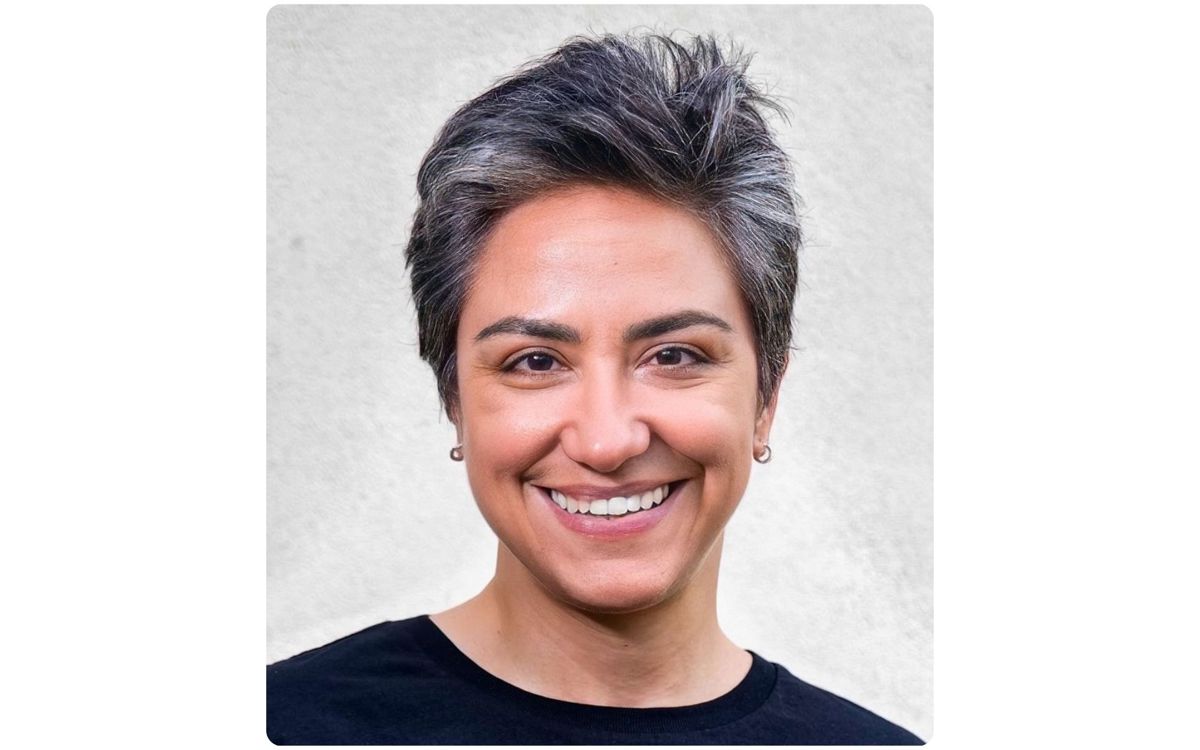
Sinem has a background in marketing and community engagement and has worked in the not-for-profit sector since 2017. She is currently the Head of Legacy Engagement at Oxfam. Sinem is also a Trustee at MK Snap who are a charity which provides education, life skills, work preparation and opportunities for work to adults aged 18+ with learning disabilities.

Nominated by MKALC. Ian has been a secondary school teacher for 38 years, the past 31 of which have been in the Milton Keynes area. During that time Ian has been a Teacher Governor at Ousedale School, co-opted Governor of Haversham Villlage School and a member of Haversham cum Little Linford Parish Council. He has a lifelong interest in natural history and agriculture and is a firm believer in the importance of green spaces to our well-being.
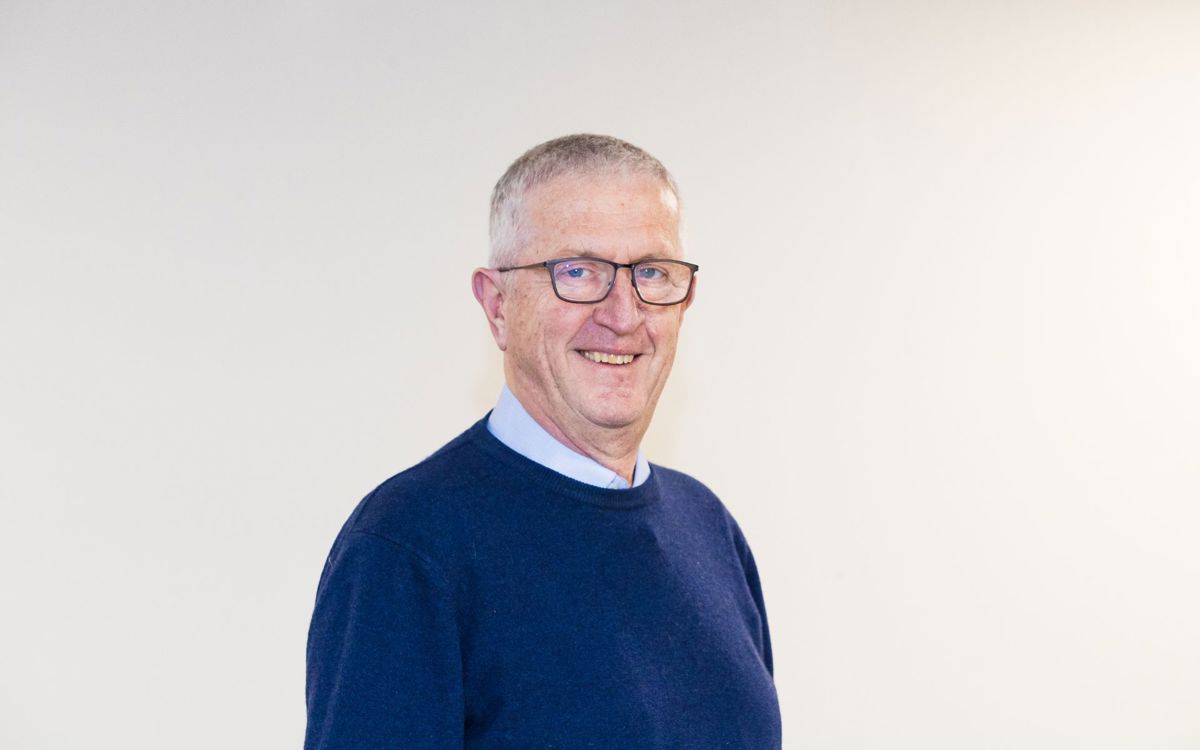
Chair of Audit & Risk Committee
Rob has lived in Milton Keynes since 1991 and has worked for many entities in the area during that time. Most recently he was an Independent Member and then Chair of Milton Keynes Development Partnership and a Non-Executive Director of Milton Keynes University Hospital Trust for 6 years. He is a qualified accountant and has extensive Board level experience across many sectors, mainly as finance director.

Rupa is a senior marketing professional specialising in digital marketing within the Financial Services sector. Rupa is a strong believer in diversity and inclusion (D&I).
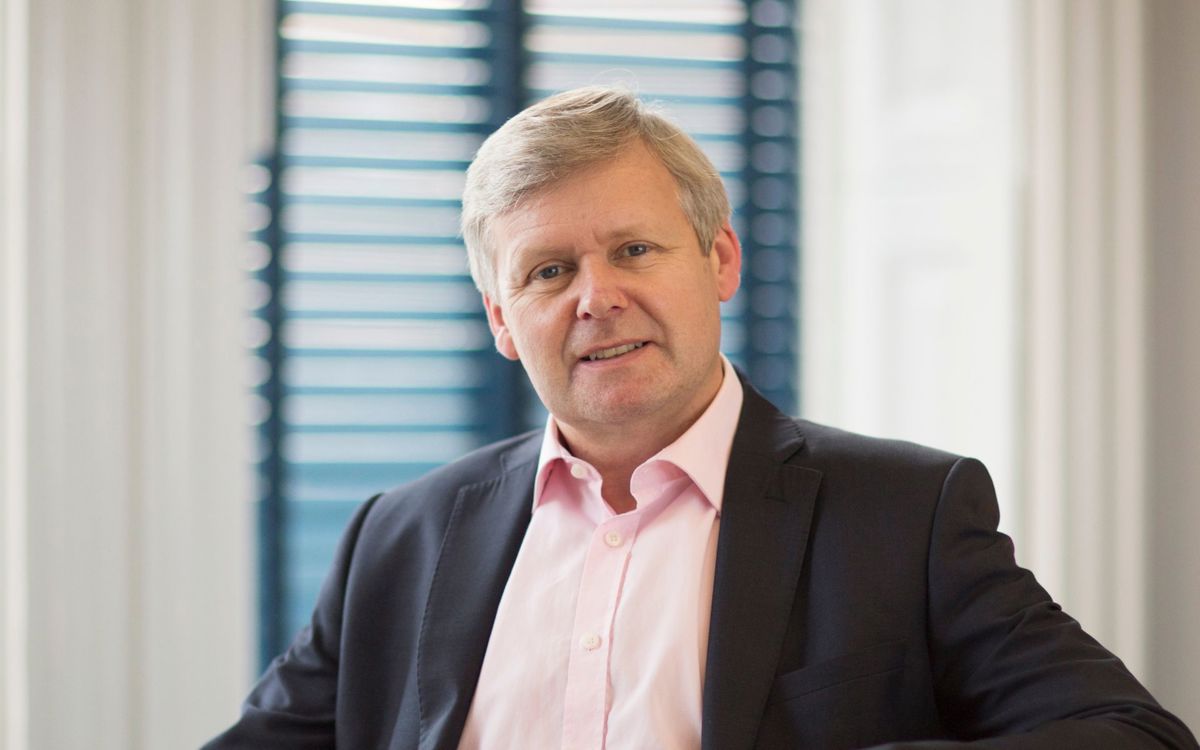
Ian is a chartered surveyor and a director of Hampton Brook which is a regional developer and investment company in commercial property. He has delivered a range of commercial schemes throughout Milton Keynes and the region and delivered significant inward investment. Ian is also the chairman of the CMK BID (Business Improvement District) and an ambassador for SEMLEP.

Shazna is a senior management professional with over 20 years of experience. She is currently working at The Open University, focusing on optimising tuition budgets and enhancing processes to support educational outcomes. Shazna is also Milton Keynes City Councillor and serves as a Trustee on the boards of the Milton Keynes Dons SET and the MK Arts Centre.

Richard has had a 35-plus year career as a Management Consultant, working across both business and IT transformation, predominantly within Financial Services. Most recently he was a Managing Director (Partner) at Accenture, prior to that a senior Director at Deloitte, and has also worked at Capgemini and others niche consultancies, as well as running his own consultancy for many years. Having semi-retired in late 2022 he became a Parish Councillor for Haversham-cum-Little Linford Parish in May 2023 and has been the Chair of the Parish Council since August 2023.

Ann has many years of senior leadership experience at Executive Director level with the last 11 of those being in the not-for-profit sector. Ann has previously worked as People Director at the RSPB and Executive Director (Chief People Officer) with World Vision. She is also a keen cyclist, is the Co-Chair of the MK Cycling Citizens Alliance and manages the Milton Keynes British Cycling Breeze network which enables and empowers women and young girls to participate in cycling by providing opportunities for cycling.

Richard Smith
Chair of Finance & Property Committee
Richard is an experienced Chief Financial Officer and Finance Director. He qualified as a Chartered Accountant with KPMG and his career in finance has spanned over 30 years in blue-chip and private organisations across several sectors. He is currently the European CFO for Thrive, a critical IT managed services business, and has responsibility for finance, legal, procurement and HR operations. He is also a founding member of Milton Keynes Education Trust, a multi-academy trust providing education for ages 4 to 18 across several schools. Richard moved to Milton Keynes at the start of his career and has lived here ever since. He and his family have enjoyed many of the Trust’s parks during this time.
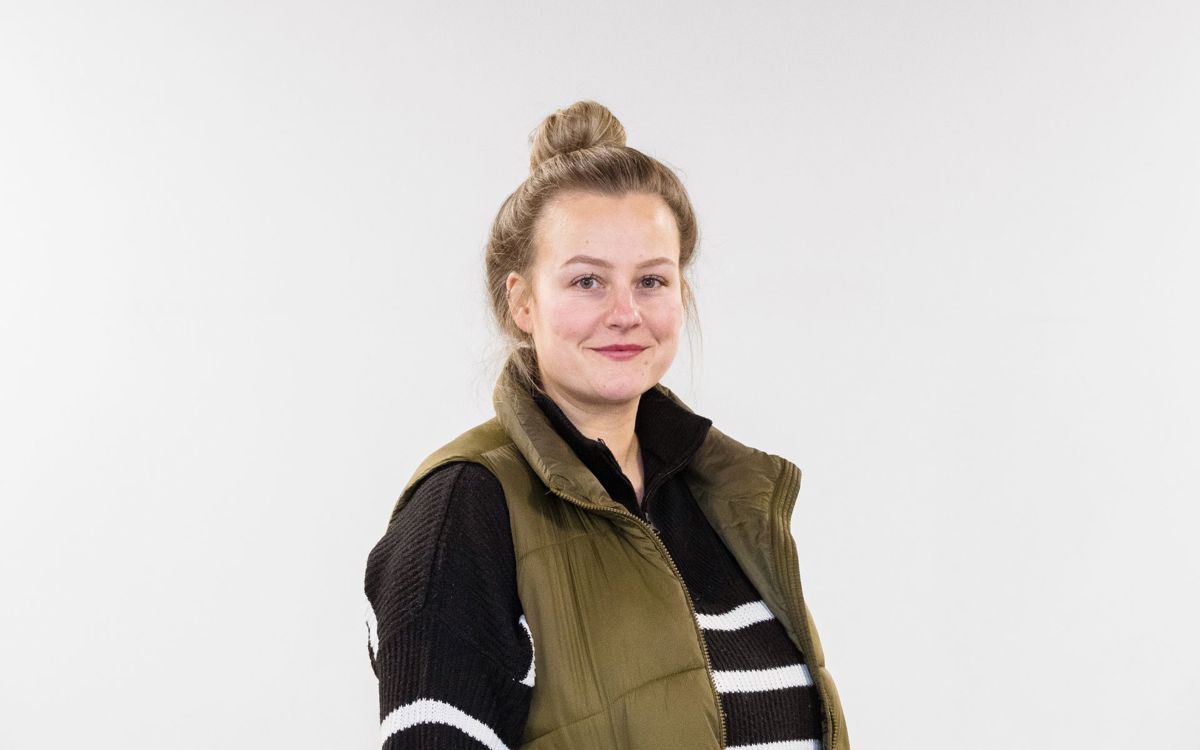
Lauren is a Trade Union official, Labour Councillor for Bletchley West and Cabinet member for Public Realm at Milton Keynes Council. She was born and raised in Milton Keynes and is a big supporter and user of our parks. She enjoys walking her dog and wild swimming.
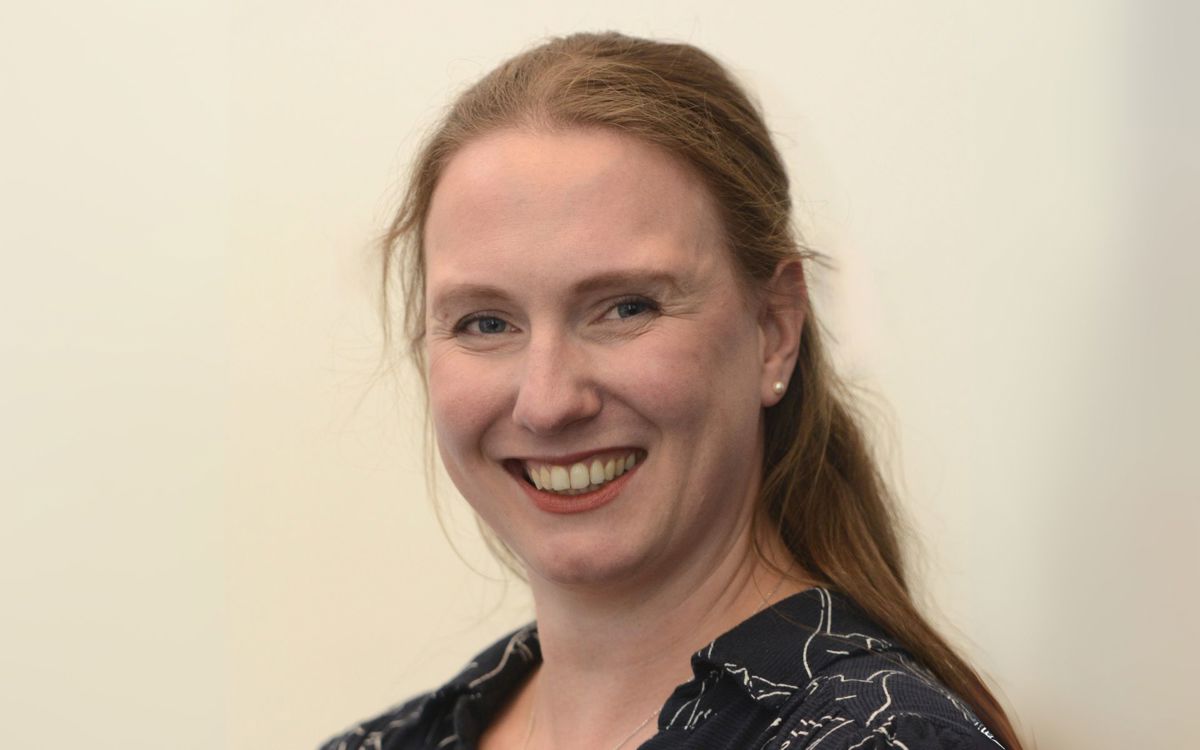
Carla has worked for English Heritage since 2019 and in May 2023 was appointed Programme Manager (Heritage Data) for Historic England. Carla has been responsible for visitor experience and has participated in the planning and delivery of various projects including audio guide interpretation, events, filming, and weddings.

Graham relocated to Milton Keynes in 1985 following his Physics degree in Manchester and has lived in the area ever since. Graham has worked in IT development within Retail Banking, latterly at Santander where he was Products and Services Director. Over the years Graham and his family have made extensive use of the parks and he believes in the ongoing need to maintain our green spaces and public facilities for the future.
Joe Kingston
Joe has lived in the Milton Keynes area most of his life, he has worked on and still helps at his parents farm in Northamptonshire. Joe is the Assistant Director of City Gardens and Cleansing at the City of London. He has a decade’s experience in the resource efficiency and sustainability sector, working in the areas of procurement, communications, waste prevention, street cleansing, circular economy, biodiversity, service and strategy development.
Danielle Sheppard
A Fellow of the RICS (FRICS), Danielle has worked in commercial property since 1995, predominately in the South Midlands. In 2005 she moved to Barwood Capital (BCL). BCL is a real estate investment and development specialist based in Northampton. Her current position is senior Investment Director and she is a member of the investment Committee. She is responsible for a number of developments and property investments across the UK.
